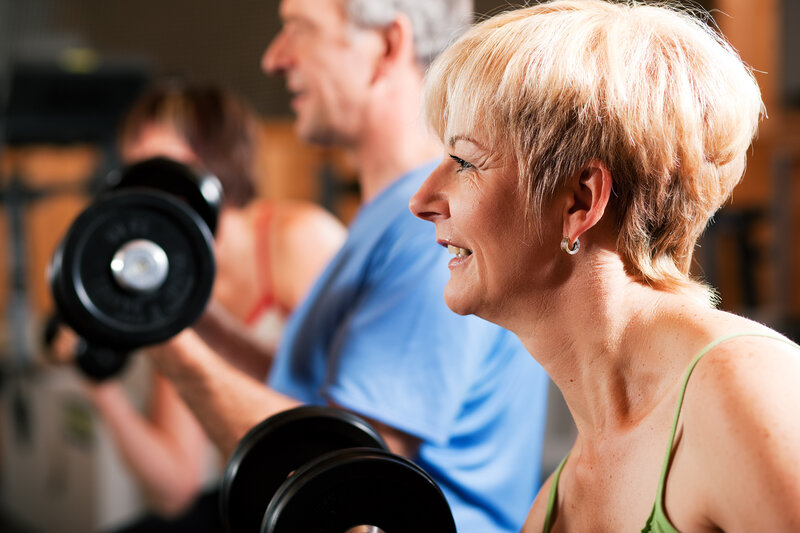As I review the health chapter of my forthcoming book, I was reminded about the difference between health span and life span. Whilst we want to live a long life, we want that to be a healthy life. It’s the quality of our life that is important.
It’s useful to note the differences:
- Lifespan is the amount of time that passes between when you are born and when you die (our chronological age)
- Health span is how long you are living in good health.
To have a chronic illness or dementia, you may continue to have a long lifespan but your health span is poor.
Research from the Harvard TH Chan School of Public Health identified five health habits to add 12 years (men) and 14 years (women) to our life. These are: not smoking, low body mass index (18.5-24.9 kg/m2), at least 30 minutes or more per day of moderate to vigorous physical activity, moderate alcohol intake, and a healthy diet.
Now in my mid-sixties, I need to focus more on healthy activity and actions. I can no longer take my health for granted. We can take positive action with small changes to our life style and I write more on tiny habits at the end of this article.
You would think everyone would want to live a long and healthy life and opt for healthy choices but Dr Perls found that some people didn’t see the point of aiming for a long life, they equated being old with ill health but many live to an old age and remain in good health due to earlier lifestyle choices.
Most of us don’t want to just survive to an old age (Longevity) we want to increase our health span to have a better quality of life. Ideally, we want to improve our biological age.
Biological Age
Chronological age is the number of years we have been alive. Biological age is how old our cells appear to be based on their current condition and is a more comprehensive understanding of an individual’s health and vitality, taking into account various factors such as genetic predispositions, lifestyle choices, and environmental influences, which collectively impact the rate at which our bodies age. Ideally our biological age is younger, or at least the same as our chronological age.
There are several methods used to measure biological age. This includes assessing biomarkers such as blood pressure, cholesterol levels, hormone profiles, and markers of inflammation. Tests can also be undertaken to measure telomere length and DNA methylation patterns. Functional tests like grip strength, lung capacity, and cardiovascular fitness can also gauge physical vitality and overall well-being. The blood measures are based on the epigenetic clock theory of aging.
You can also do a quiz (I did one which put my biological at at 58) but this is unlikely to be as accurate as having my blood analysed.
To improve our biological age, we need
- A nutrient-rich diet with a focus on fruits, vegetables, whole grains, lean proteins, and healthy fats, these provide essential nutrients and antioxidants that support cellular health. We could also consider intermittent fasting
- Avoid smoking, limiting alcohol consumption
- Exercise is essential including strength training
- Manage stress effectively. This plays a significant role in promoting a more favourable biological age. Chronic stress (e.g., a demanding or unbalanced work situation, high-conflict personal relationships, time spent consuming news media/ on social media) shortens our DNA telomeres, (the protective caps on the ends of our DNA that protect the DNA information from being damaged).
- Adequate sleep
- Maintaining social connections and engaging in intellectually stimulating activities can contribute to cognitive well-being, which is an important aspect of overall vitality and healthy aging.
Changing habits
We know most of this but it can still be hard to make a change. B J Fogg refers to tiny habits that are small actions connected to something we regularly do. It’s referred to as A, B, or C.
- A – anchor or “after” – linked to something we already do regularly
- – e.g., brush teeth
- B – new behaviour you want to start – keep it simple
- C – celebration – we change best by feeling good, and it can just be a tiny change.
Are you consciously focusing on improving your lifespan? I’d love to read about the actions you have taken and your wins.
Ok … I’m off to the gym to do some strength training.
